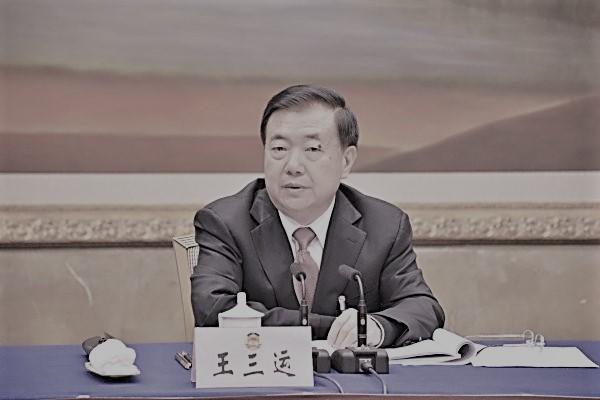Ninety days after being demoted this April to serve on a special committee of the Chinese national legislature, former Gansu Province Communist Party secretary Wang Sanyun has been placed under investigation for the generic charge of violating disciplinary ordinances.
Wang has been replaced by Lin Duo. Lin worked under Wang Qishan, the head of the anti-corruption agency, as the district chief and district committee secretary when Wang Qishan was the mayor of Beijing. Lin was promoted to head the provincial disciplinary committee of Liaoning after Wang took charge of China’s top anti-graft watchdog.
The investigation makes Wang Sanyun the 15th member of the Chinese Communist Party (CCP) Central Committee to have been purged in Chinese leader Xi Jinping’s four-year-old anti-corruption campaign.





